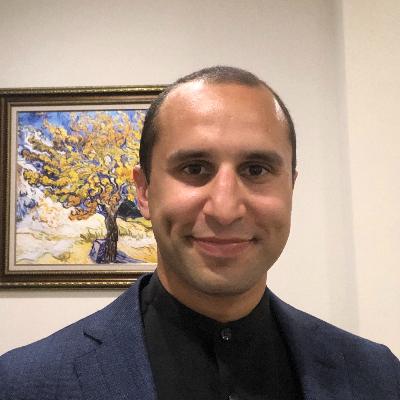Hebrew
Homework Help & Tutoring
We offer an array of different online Hebrew tutors, all of whom are advanced in their fields and highly qualified to instruct you.
Hebrew

We have all heard about so-called dead languages such as classical Greek, Latin, and languages of ancient nations such as the Babylonians or Sumerians that no longer exist. Historically speaking, however, there are cases where a virtually dead language returns to life. Hebrew is a brilliant example of such a case. The first written documents in Hebrew, carefully preserved until now as the Old Testament of the Bible, were contemporaries of the Egyptian hieroglyphs and the Babylonian clay tablets.
From the point of view of classification, Hebrew is a part of the Semitic group of languages, along with Arabic. These languages are not so closely related as to allow speakers of Hebrew and Arabic to understand each other, yet numerous words have a common root. One good example would be shalom and salam (peace in Hebrew and Arabic respectively). Hebrew remained a spoken and written language of the Jewish people until the first centuries of the Common Era. Following the destruction of the Jerusalem Temple, the Kingdom of Judaea lost its autonomy and the Jewish people were dispersed among other nations for almost two thousand years. In the diaspora, the Jews usually adopted the languages of the host countries, and Hebrew became a bookish language of ancient scrolls and prayers.
When, in 1948, Israel was proclaimed an independent state, Hebrew became the official language of the country. By that time Hebrew had risen from the dead through the efforts of enthusiasts who began using Hebrew in family and other everyday situations. There are now up to 9 million speakers of Hebrew worldwide, mostly in Israel, but also in other countries with considerable Jewish communities. In the USA the number of people who speak Hebrew at home is estimated at about 200,000. The significance of the language in the case of Hebrew is not tied to the number of speakers; Hebrew is the language that gave birth to the immensely rich literary heritage, from the Old Testament and Talmud to the pioneer of modern Hebrew poetry Hayim Bialik to the renowned Noble prize winner Shmuel Agnon, a classic of contemporary Israeli literature.
The first step toward the goal of learning Hebrew would be memorizing the Hebrew letters. The language uses a unique ancient alphabet, with words and sentences written down from right to left. This entertaining website would be a good tool to use to learn the Hebrew letters in a fun and easy way. Alternatively, you are welcome to try out another interactive site to master the alphabet as well as to build a basic vocabulary and master commonly used phrases. No matter whether you are just starting out or if your study of the Hebrew language is well underway, do not hesitate to contact us for help. We wish you the best of luck as you are learning.
To fulfill our tutoring mission of online education, our college homework help and online tutoring centers are standing by 24/7, ready to assist college students who need homework help with all aspects of Hebrew. Our languages tutors can help with all your projects, large or small, and we challenge you to find better online Hebrew tutoring anywhere.
College Hebrew Homework Help
Since we have tutors in all Hebrew related topics, we can provide a range of different services. Our online Hebrew tutors will:
- Provide specific insight for homework assignments.
- Review broad conceptual ideas and chapters.
- Simplify complex topics into digestible pieces of information.
- Answer any Hebrew related questions.
- Tailor instruction to fit your style of learning.
With these capabilities, our college Hebrew tutors will give you the tools you need to gain a comprehensive knowledge of Hebrew you can use in future courses.
24HourAnswers Online Hebrew Tutors
Our tutors are just as dedicated to your success in class as you are, so they are available around the clock to assist you with questions, homework, exam preparation and any Hebrew related assignments you need extra help completing.
In addition to gaining access to highly qualified tutors, you'll also strengthen your confidence level in the classroom when you work with us. This newfound confidence will allow you to apply your Hebrew knowledge in future courses and keep your education progressing smoothly.
Because our college Hebrew tutors are fully remote, seeking their help is easy. Rather than spend valuable time trying to find a local Hebrew tutor you can trust, just call on our tutors whenever you need them without any conflicting schedules getting in the way.




